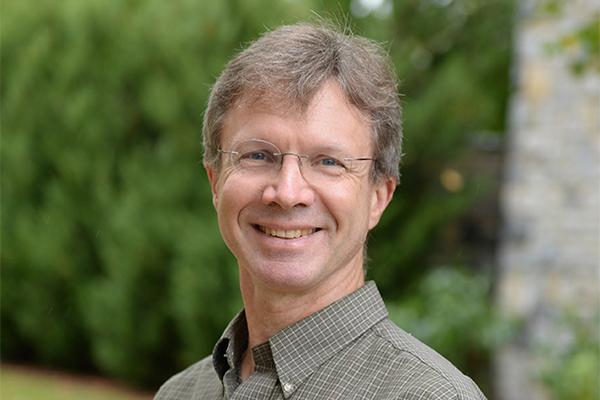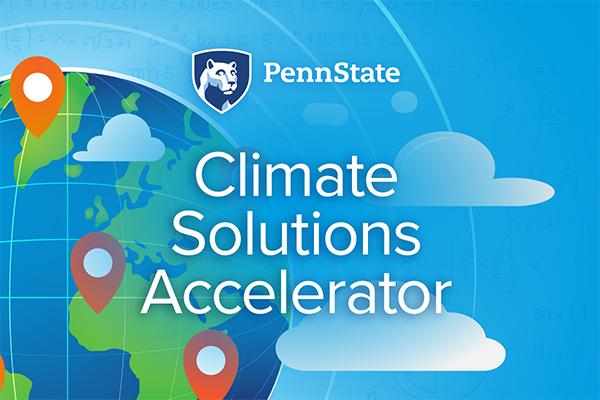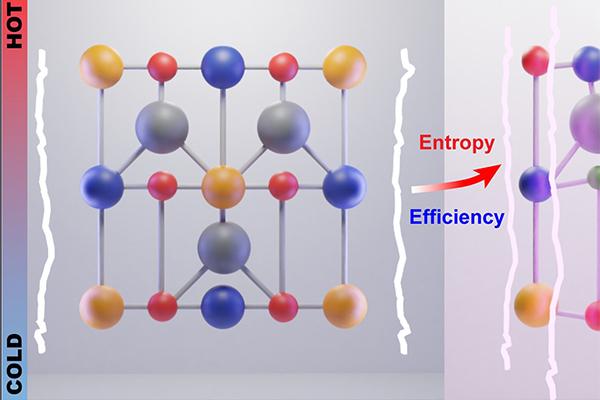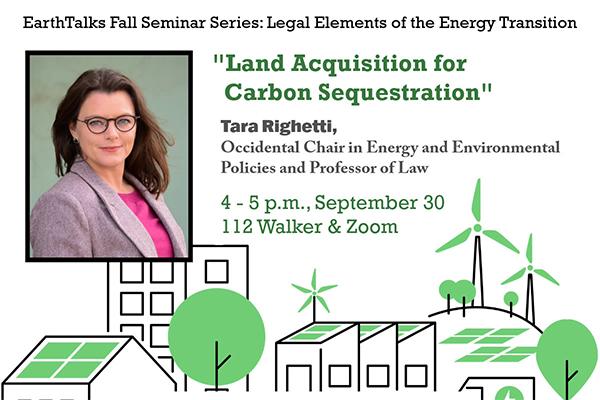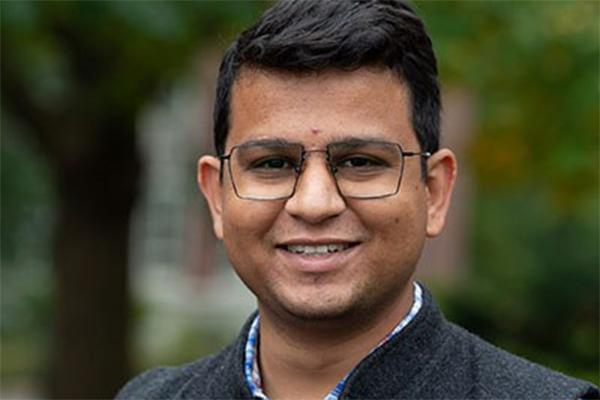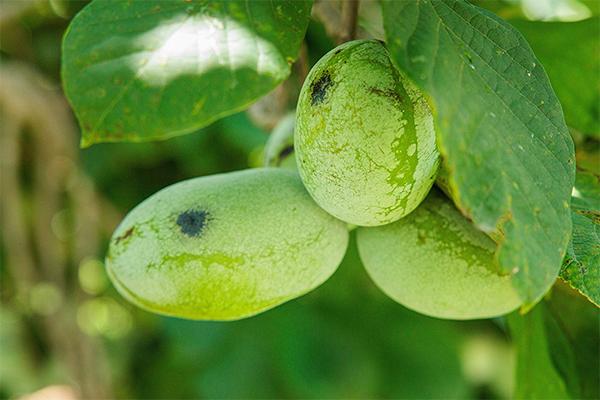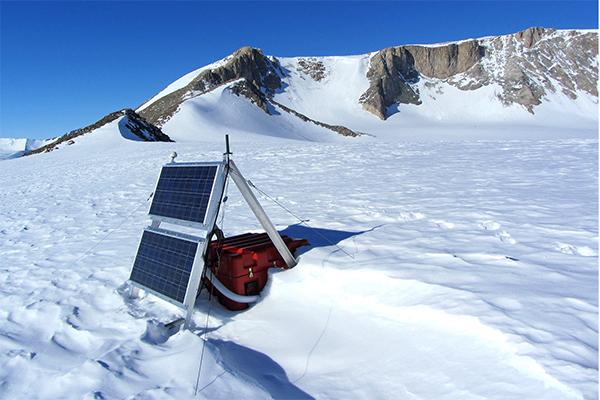Kenneth Davis has been names as Person of the Year for 2024 by IEE. Davis will also become an IEE Fellow.
Natalie Oswin, associate professor in the Department of Human Geography at the University of Toronto Scarborough, will give the talk, “Capital contradictions in the age of incorporation: queer and trans materialism at work."
This fall, the Millennium Café at Penn State will feature researchers who were awarded Climate Solutions Accelerator workshops by the Penn State Climate Consortium. The talks will occur at 10 a.m. on Oct. 1, Oct. 22 and Dec. 3 on the third floor of the Millennium Science Complex.
Thermoelectric generators that can convert waste heat to clean energy could soon be as efficient as other renewable energy sources, like solar, according to a team led by Penn State scientists.
Tara Righetti, Occidental Chair in Energy and Environmental Policies and professor of law the University of Wyoming, will give the talk “Land acquisition for carbon sequestration,” at 4 p.m. on Monday, Sept. 30, in 112 Walker Building at Penn State University Park.
Praharsh Patel, doctoral candidate in energy, environmental, and food economics at Penn State, will give the talk, “Behavioral responses to two-part tariffs: evidence from the introduction of volumetric water pricing,” at noon on Wednesday, Sept. 25, in 157 Hosler Building at Penn State University Park.
The Penn State Department of Geography, in collaboration with The Arboretum at Penn State and the Indigenous Peoples’ Student Association (IPSA), will host a special "Coffee Hour" lecture on Friday, Sept. 27, from 3 to 5 p.m. at the Arboretum’s Overlook Pavilion.
A team of academic and enterprise researchers has developed a synthesis process to produce a “rust-resistant” coating with additional properties ideal for creating faster, more durable electronics.
Findings from an international team of researchers, including those from Penn State, suggest that Earth's natural forces could substantially reduce the melting of the West Antarctic Ice Sheet and its impact on rising sea levels, but only if carbon emissions are swiftly reduced in the coming decades.
A new computational tool developed by a research team, led by Penn State scientists, may help the Colorado River Basin adapt to a complex and uncertain future.


